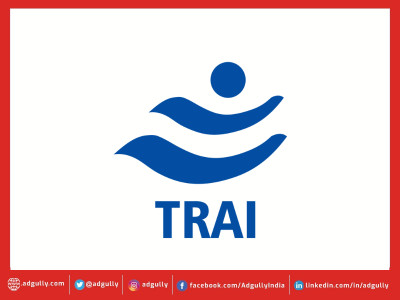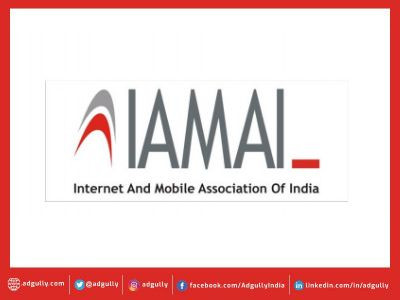How far would we go with Unwanted SMS Marketing!
Post set up of "National Do Not Call Registry' (NDNCR) in 2007 by TRAI, leveraging mobile phone users to avoid telemarketing calls, the regulator's unsolicited commercial communication norm would be the first initiative of its kind that would compel telemarketers to register with DoT and make their database of mobile numbers available at www.ndncregistry.gov.in. A failure in registering would result in cancellation of the telemarketer's connection.
As per the NDNCR way of functioning, it would pull out the phone numbers of consumers registered under the Do Not Call list from the database made available to them by the telemarketers. However, in countries like US and UK, where this system is followed properly and is a success, it has not seen that rate of success in India. Keeping out the unwanted SMSs has always been a challenge for the system though 90 per cent of numbers registered on NDNCR do not receive such calls. Lack of awareness might be one of the reasons that would lead such a thing.
As per media reports, J.S. Sharma, chairman, TRAI on the subject said, "The response to NDNCR has been far from satisfactory, with only 50-60 million subscribers (from India's subscriber base of 562 million) opting for this service, with just a 60 per cent success rate" . He further added that, "People are flouting the law and there is lack of awareness of this service. The fines laid down (for violating NDNCR) are clearly not enough. We have asked for more punitive powers from DoT."
DOT's response to this particular matter was very limited and was just restricted to a "looking into the matter' understanding. P.J. Thomas, secretary, DoT said, "Everything is clearly laid down according to the guidelines and has been comprehensively looked into by TRAI. It has undertaken a wider process of consultation and we will consider further recommendations by them".
Although there is a monetary penalty attached with the violation of NDNCR which could also lead to a disconnection of services, it has never been a hindrance for the telemarketers. There are several ways wherein a telemarketer can easily get away with no interference from NDNCR. The easy access of SIM cards and Internet can be very well used to send bulk or illegal messages and that too at a very minimum investment.
NDNCR is bound to certainly generate strong responses from mobile phone operators across the country. To be the first one to comment on the same, Bharti Airtel Ltd. mentioned, "This is reducing the impact and also the spirit of NDNCR, not to mention the general public's assessment of its effectiveness. TRAI is aware of these errant and tolerant operators but has not taken any governance or corrective measures on any of these operators".
All the furor and the voices against TRAI has now forced it to think otherwise and come up with a more concrete and practical way to handle the situation. It is now planning to implement a "DO CALL' structure which would only allow the telemarketers to advertise with subscribers who willingly ask for it. Only time will tell if this method would be a success or would die down just like others.















Share
Facebook
YouTube
Tweet
Twitter
LinkedIn